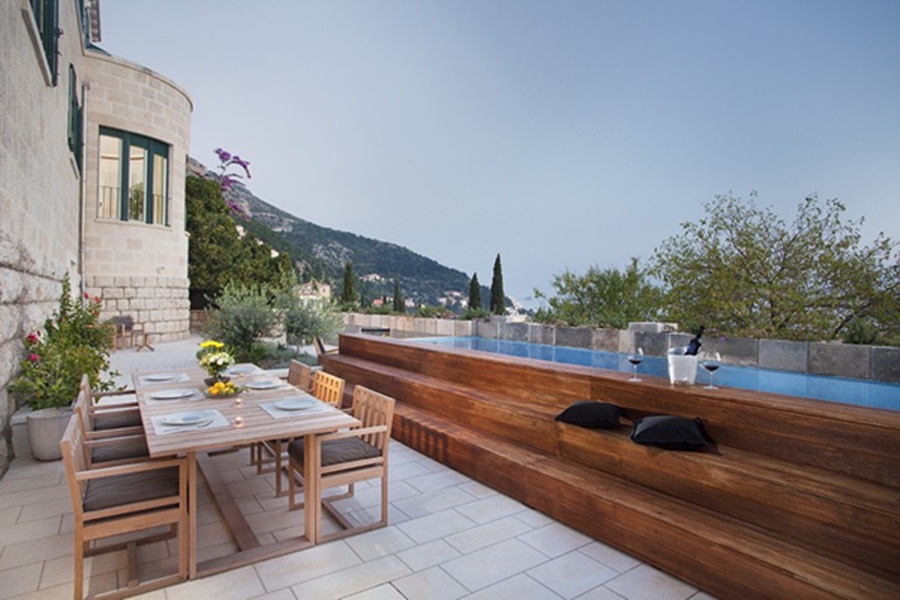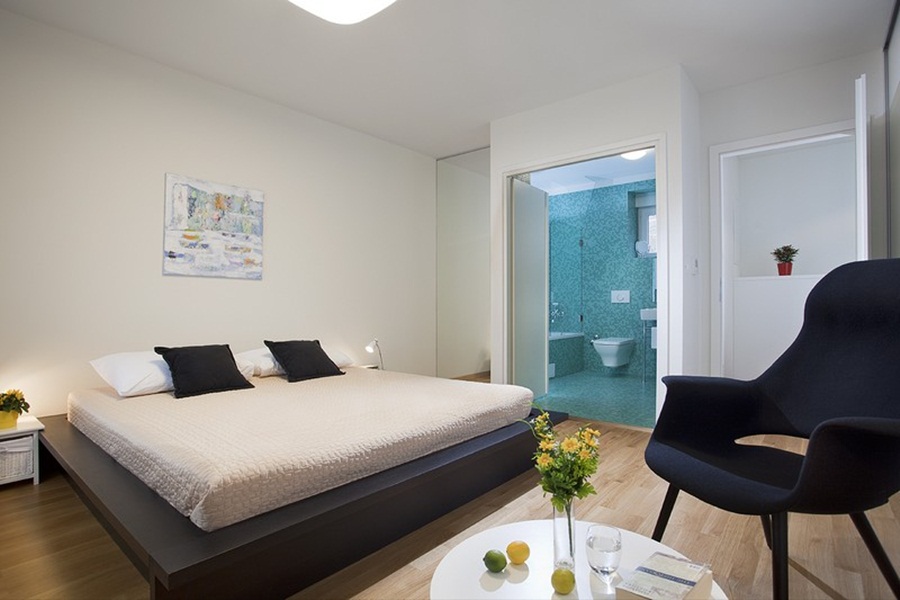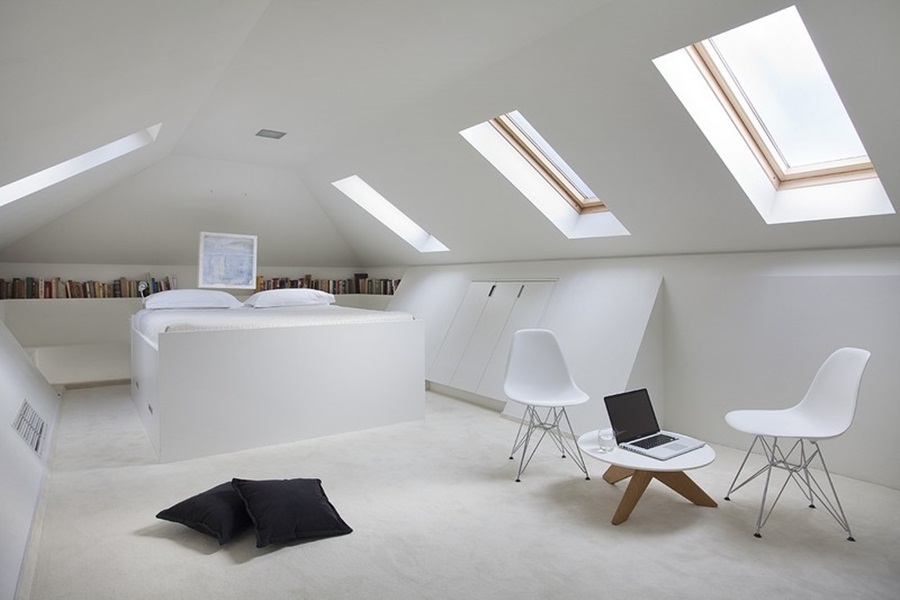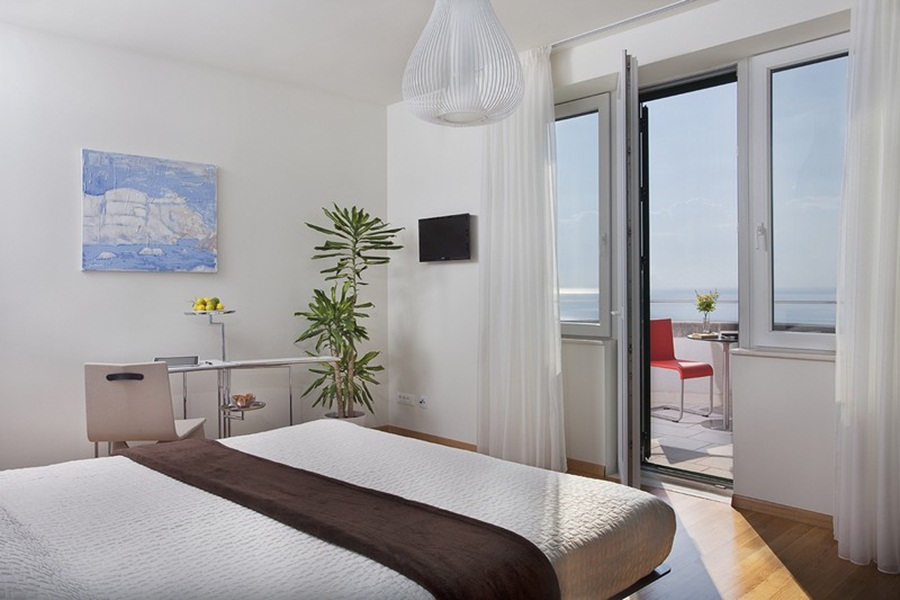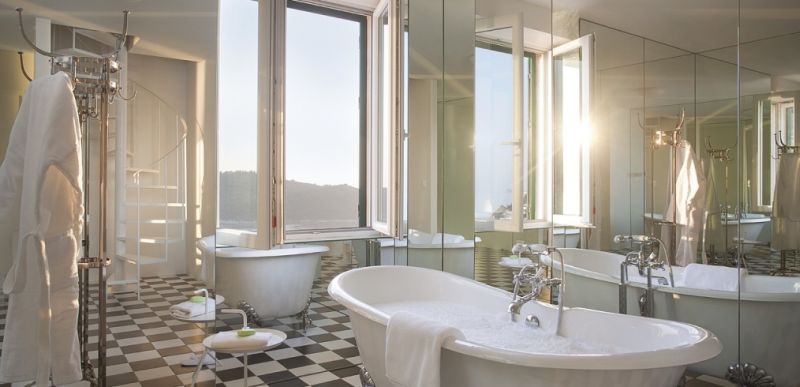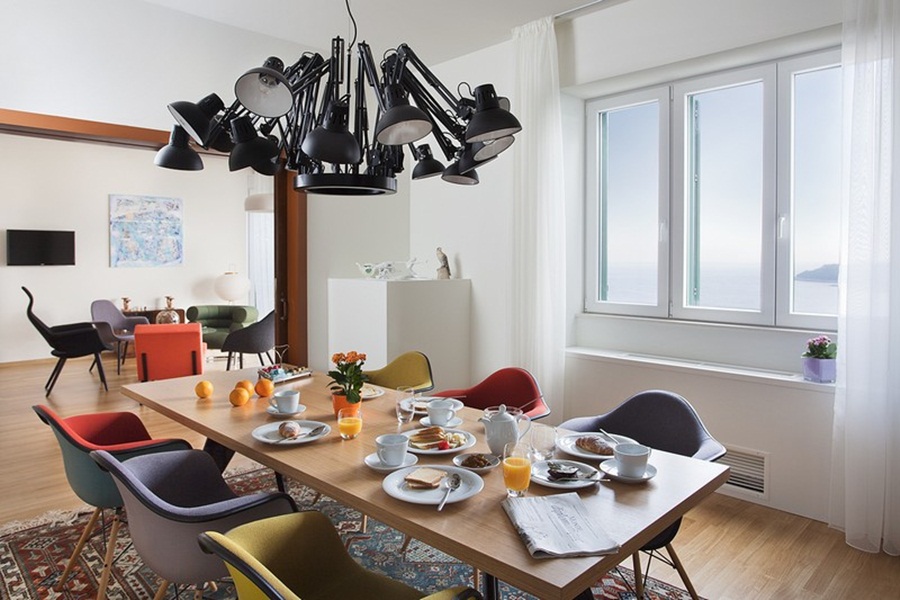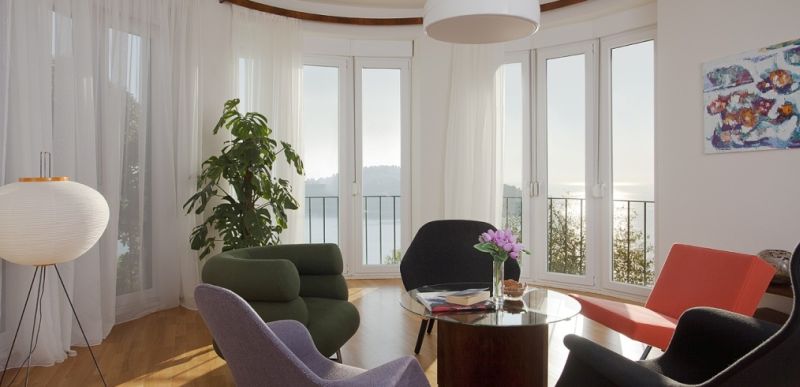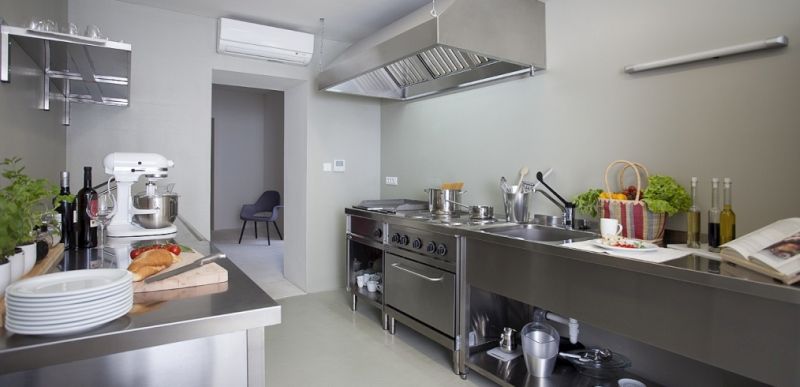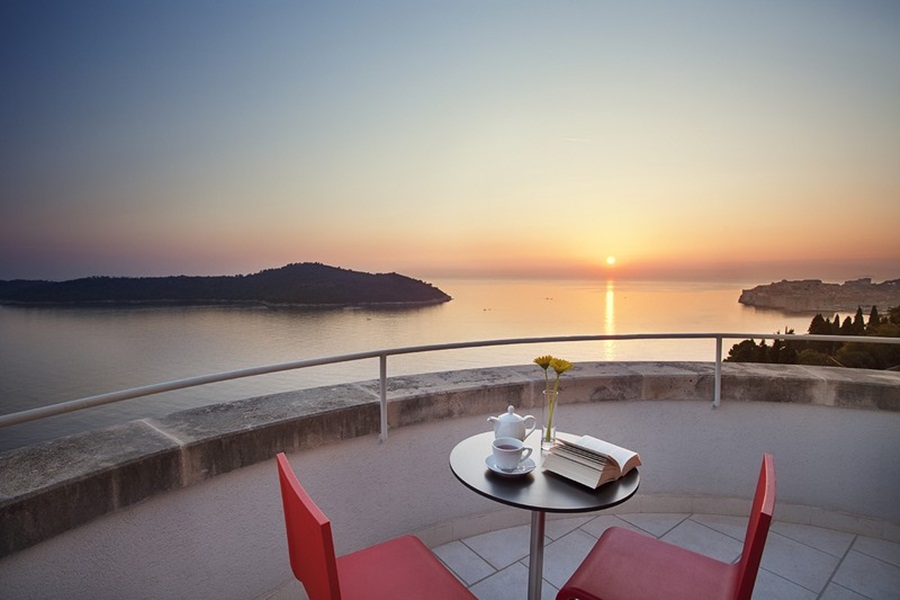Availability
We are sorry, this accommodation is not available to book at the moment
Pearl of Dubrovnik
Villa Pearl of Dubrovnik is located in the most prestige part of Dubrovnik , only 800 m from the Old City.
It has a beautiful view of the Old City and the Island of Lokrum. This design villa can accommodate 8+2 people.
Four spacious bedrooms, each with its own en suite bathroom ensure privacy for all of guests. In the evening everyone can get together in the spacious salon or the dining room, connected with a food lift to the fully equipped kitchen.
At the ground floor cellar you will find an extensive collection of wines of the region, as well as the cigar smoking salon. On the ground floor there is a kitchen and a dining room / sitting room area. A spacious terrace on the south of the building holds a heated freshwater pool, for your early morning warm-ups or afternoon swims, with an enchanting view of the Old Town. The first floor has a bedroom with an en suite bathroom, a dining room / sitting room area and a hall. It opens to a terrace with a view of the island of Lokrum and the Old Town of Dubrovnik. You can even watch it from a hot tub on your balcony.
The second floor comprises two bedrooms with en suite bathrooms (one bedroom has a balcony), a sauna, a hall and another bathroom connected with the attic.
On the attic there is a bedroom with an en suite bathroom. Futuristic looking attic suite, all in modern and minimalist white, offers a spacious room with a king size double bed and en suite bathroom with a shower. Perfect for those who like to withdraw early and read something.
Surface area of villa: 500 m2
Surface area of grounds: 400 m2
Pool size: 22 m2
Sea view
Villa equipment:
Washing machine, air conditioning, satellite TV, DVD player, Hi-fi, safe, hair dryer, iron, ironing board, library, baby cot, high chair, barbecue, garden furniture, beach towels, Internet connection
Kitchen equipment:
4-ring ceramic hob, oven, refrigerator, freezer, dishwasher, toaster, hood, microwave oven, coffee filter machine, mixer, kettle
Bedrooms:
Double-bedded rooms: 4
Bathrooms:
Bathrooms with shower unit (en suite): 1
Bathrooms with bath (en suite): 4
Sauna and shower: 1
Total number of beds: 8+2
Number of fixed beds: 8
Number of additional beds: 2
(in the sitting room)
Price includes:
Daily rent / electricity / water / cleaning / linen /villa manager and concierge/washing and ironing clothes of the guests/towels / garden maintenance / pool maintenance
Paid cleaning frequency: daily
Towel change frequency: daily
Linen change frequency: every three days
Tourist tax included in price.
Minimum stay: 7 nights in July and August; for other periods, please inquire;
Surcharge of 30% applies to stays less than three nights.
Day of arrival: Saturday in July and August; for other periods, please inquire.
Check-in time
Check-out time
Children and extra beds
Pets
Facilities
- Balkon
- Bibliothek
- DVD Player
- Grill
- Innenstadt
- Jacuzzi
- Klimaanlage
- Küche
- Parking
- Pool
- Safe
- Satelliten-TV
- Sauna mit Dusche
- Spülmaschine
- Telefon
- TV
- Waschmaschine
- Weinkeller
- Wi-Fi
Activities
Internet
Parking
We are sorry, there are no reviews yet for this accommodation.
Dubrovnik
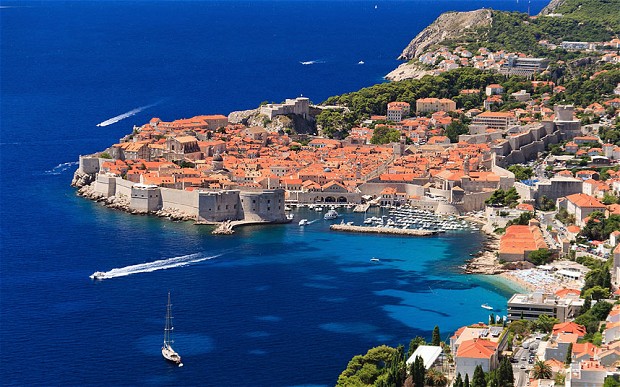
Dubrovnik is located on the thin coast strip between the high hills and the calmness of the Adriatic sea.
The ‘Pearl of the Adriatic’, on the Dalmatian coast, was an important Mediterranean sea power from the 13th century. Dubrovnik was founded in the first half of the 7th century by a group of refugees from Epidaurum, who established their settlement at the island and named it Laus. The Latin name Ragusa (Rausa), in use until the 15th century, originated from the rock (Lat. lausa = rock). Opposite that location, at the foot of Srđ Mountain, the Slavs developed their own settlement under the name of Dubrovnik, derived from the Croatian word dubrava, which means oak woods.
In 1979, the city of Dubrovnik joined the UNESCO list of World Heritage Sites.
Counting only about 35 000 people Dubrovnik is the cultural and social center of the region.
Vegetation in the region is typical, mostly Mediterranean, and it is a result of hundreds of years of human influence. As suited for a merchant harbour city, Dubrovnik mariners traveled far and wide bringing home many tropical and sub-tropical cultures, creating an interesting mixture of plant life.
The name of the most famous street of Dubrovnik is Placa (Stradun) street .
- Dubrovnik is a remarkably well-preserved example of a late-medieval walled city, with a regular street layout. Among the outstanding medieval, Renaissance and Baroque monuments within the magnificent fortifications and the monumental gates to the city are the Town Hall (now the Rector’s Palace), dating from the 11th century; the Franciscan Monastery with its imposing church; the extensive Dominican Monastery; the cathedral (rebuilt after the 1667 earthquake); the customs house (Sponza), the eclectic appearance of which reveals the fact that it is the work of several hands over many years; and a number of other Baroque churches, such as that of St Blaise (patron saint of the city).
The original World Heritage site consisted solely of the defences and the intra-mural city.
It includes the Pile medieval industrial suburb,the Lovrijenac Fortress, located on a cliff,the Lazarets,the Revelin Fortress.
The island of Lokrum lies to the south-east of Dubrovnik, some 500 m from the coast. In 1023 it became a Benedictine abbey.
Dubrovnik is Croatia’s most famous coastal city.
Sports & nature
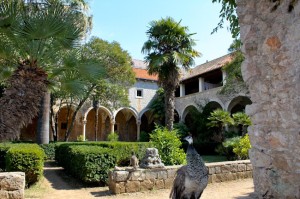 The island of Lokrum lies to the south-east of Dubrovnik, some 500 m from the coast. Vegetation in the region is typical, mostly Mediterranean, and it is a result of hundreds of years of human influence.
The island of Lokrum lies to the south-east of Dubrovnik, some 500 m from the coast. Vegetation in the region is typical, mostly Mediterranean, and it is a result of hundreds of years of human influence. Nightlife info
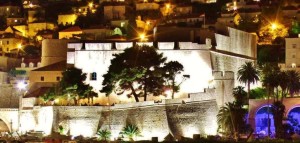 Night club, music evenings, casino..it is Dubrovnik.
Night club, music evenings, casino..it is Dubrovnik.Culture and history info
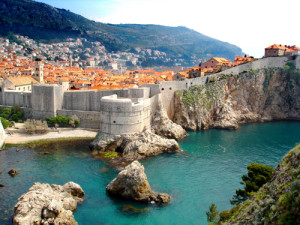 Dubrovnik is a remarkably well-preserved example of a late-medieval walled city, with a regular street layout. Among the outstanding medieval, Renaissance and Baroque monuments within the magnificent fortifications and the monumental gates to the city are the Town Hall (now the Rector's Palace), dating from the 11th century.
Dubrovnik is a remarkably well-preserved example of a late-medieval walled city, with a regular street layout. Among the outstanding medieval, Renaissance and Baroque monuments within the magnificent fortifications and the monumental gates to the city are the Town Hall (now the Rector's Palace), dating from the 11th century. Read more

